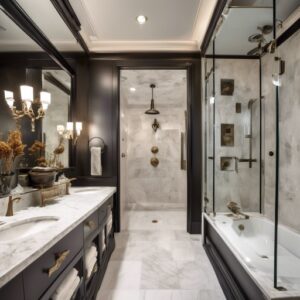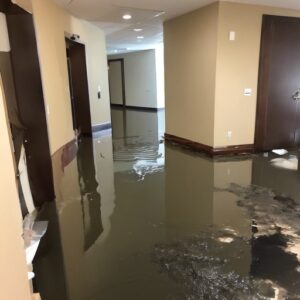When we think of hotel amenities, we often envision luxurious bedding, sparkling bathrooms, and stunning views. However, one often overlooked aspect that can greatly enhance the guest experience is the inclusion of a simple yet thoughtful addition to hotel rooms – a spice rack for kitchen cabinets. While it may seem like a minor detail, the presence of a spice rack can elevate the stay of guests in numerous ways. In this article, we’ll explore eight compelling reasons why hotels should consider incorporating spice racks into their room setups.
Personalization and Comfort
One of the primary reasons guests choose hotels over other accommodations is for the comfort and convenience they offer. By providing a spice rack in each room, hotels can enhance the feeling of home away from home. Guests can customize their meals according to their taste preferences, adding a personal touch to their dining experience. Whether it’s a pinch of oregano on their pizza or a dash of cinnamon in their morning coffee, having access to a variety of spices can make guests feel more at ease during their stay.
Culinary Exploration
For many travelers, exploring local cuisine is an integral part of the journey. A spice rack allows guests to experiment with regional flavors and ingredients, enhancing their culinary adventures without having to venture far from their hotel room. From Cajun seasoning in New Orleans to garam masala in Mumbai, providing access to spices enables guests to immerse themselves in the culture and flavors of the destination.
Dietary Preferences and Restrictions
In today’s diverse and health-conscious world, many guests have specific dietary preferences or restrictions. Whether they follow a gluten-free, vegan, or low-sodium diet, having a variety of spices readily available can accommodate their culinary needs. Guests can enhance the flavor of their meals without relying on heavily processed condiments or additives, ensuring a more satisfying and enjoyable dining experience.
Cost-Effective Dining
Dining out for every meal while traveling can quickly add up, especially for budget-conscious travelers. By providing a spice rack, hotels empower guests to prepare simple yet delicious meals in the comfort of their room. Whether it’s seasoning a salad, marinating meat, or adding flavor to rice and pasta dishes, having access to spices encourages guests to dine in, saving them money while still enjoying flavorful and satisfying meals.
Sustainability and Waste Reduction
In an era where sustainability is increasingly important, hotels can play a role in reducing waste and promoting eco-friendly practices. By offering a spice rack, hotels can minimize the need for single-use condiment packets and individual spice containers, thereby reducing plastic waste. Additionally, guests are less likely to waste unused portions of spices when they have easy access to a variety of options, promoting a more sustainable approach to dining.
Convenience for Extended Stays
For guests staying for an extended period, having access to a fully stocked kitchenette can significantly enhance their experience. A spice rack complements other kitchen amenities, allowing guests to prepare meals with ease and convenience. Whether they’re cooking for themselves or entertaining guests, having spices readily available eliminates the need to purchase expensive or bulky containers of spices for short-term use.
Enhanced Guest Satisfaction
In the hospitality industry, guest satisfaction is paramount. By anticipating and catering to the needs of guests, hotels can enhance the overall experience and build loyalty. Providing amenities such as a spice rack demonstrates a commitment to guest comfort and convenience, resulting in higher satisfaction levels and positive reviews. Guests are more likely to return to a hotel that pays attention to the little details that make their stay more enjoyable.
Differentiation and Competitive Advantage
In a crowded marketplace, hotels are constantly seeking ways to differentiate themselves and stand out from the competition. By offering unique amenities such as a spice rack, hotels can distinguish themselves as innovative and guest-focused establishments. This can attract discerning travelers who value attention to detail and personalized experiences, giving hotels a competitive edge in the market.
Conclusion
In conclusion, the inclusion of a spice rack for kitchen cabinets in hotel rooms offers numerous benefits for both guests and hoteliers alike. From enhancing guest comfort and culinary exploration to promoting sustainability and reducing waste, a spice rack is a simple yet effective addition to any hotel room. By recognizing the value of providing guests with access to spices, hotels can elevate the overall guest experience and distinguish themselves in a competitive industry. So, the next time you check into a hotel, don’t be surprised to find a spice rack waiting for you – it’s all part of the commitment to providing a memorable and satisfying stay.











